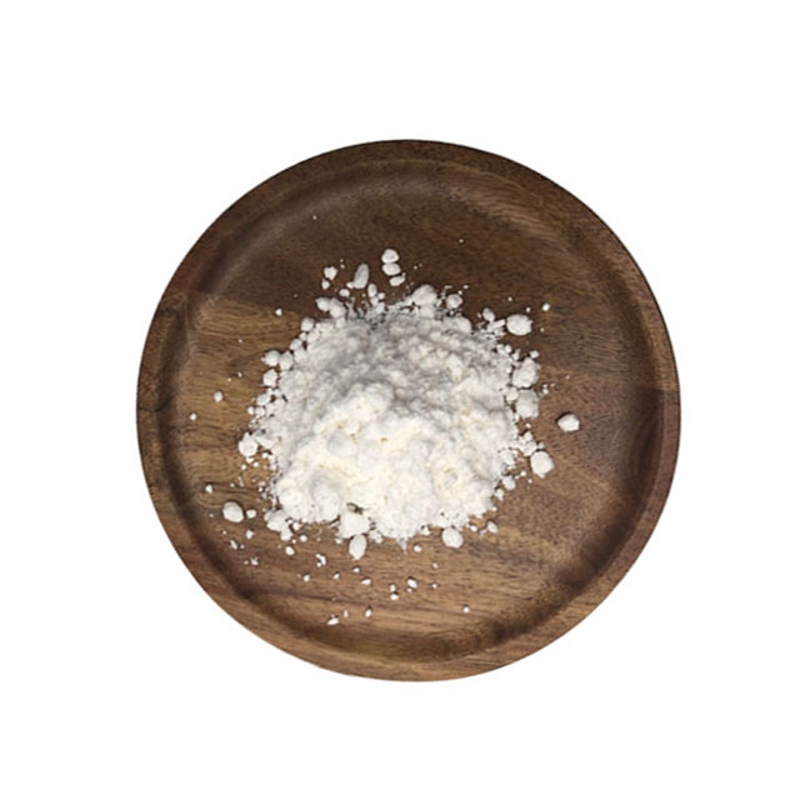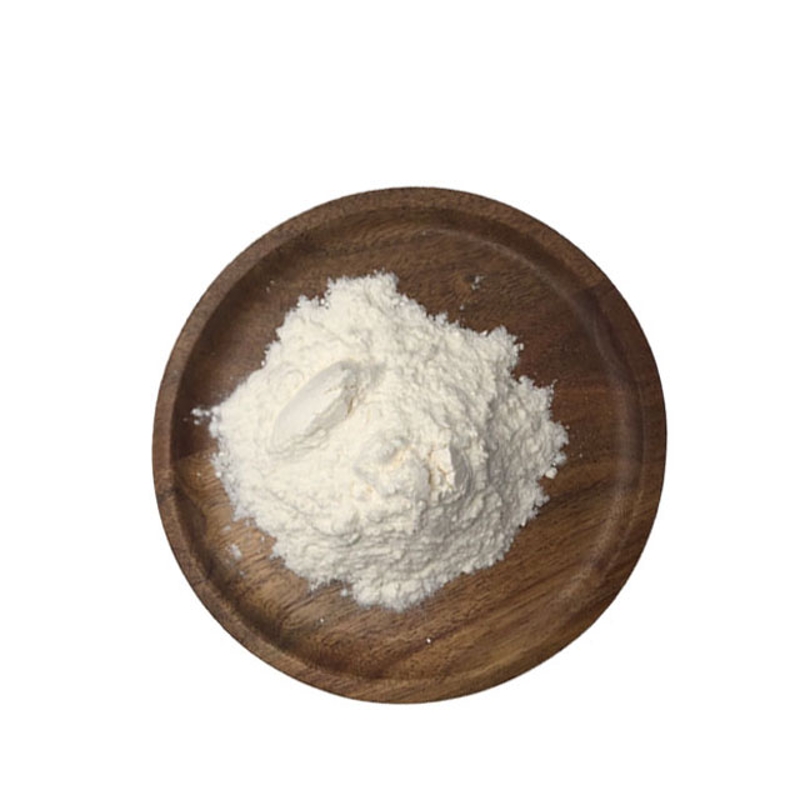-
Categories
-
Pharmaceutical Intermediates
-
Active Pharmaceutical Ingredients
-
Food Additives
- Industrial Coatings
- Agrochemicals
- Dyes and Pigments
- Surfactant
- Flavors and Fragrances
- Chemical Reagents
- Catalyst and Auxiliary
- Natural Products
- Inorganic Chemistry
-
Organic Chemistry
-
Biochemical Engineering
- Analytical Chemistry
- Cosmetic Ingredient
-
Pharmaceutical Intermediates
Promotion
ECHEMI Mall
Wholesale
Weekly Price
Exhibition
News
-
Trade Service
Human papillomavirus (HPV) in oral squamous cell carcinoma (OPSCC) is tumor-causing and has a good prognosis compared with OPSCC caused by carcinogens such as tobacco and alcohol.
, artificial intelligence (machine learning) has developed into a powerful tool for predicting molecular and cellular changes in medical imagery from a variety of sources.
Sebastian and others established deep learning-based HPV-ps based on conventional Sumo-E-Red (HE) staining tablets and evaluated their predictive HPV correlation performance in 273 patients from two different locations (OPSCC; Giessen n=163; Cologne, n=110).
, the prognostic correlation was then assessed in 594 patients (Giessen, Cologne, HNSCC TCGA).
, the researchers also looked at whether pathologists (n-4) were able to identify HPV correlations (n-152) based on HE chromosomes and compared the results with artificial intelligence.
the performance of HPV-ps in both queues showed that while pathologists were able to diagnose HPV correlation from HE staining tablets (medium AAUC=0.74), the reliability between pathologists was low (Light The use of HPV-ps for identification in two separate queues (n=273) outperformed pathologists (AUC=0.8).
HPV-ps classes OPSCC patient prognostics based on HPV-ps results: A Giessen; B Cologne identifies individuals with better prognostic prognostics in 594 patients in three queues (Giessen OPSCC, HR-0.55) , p.lt;0.0001; Cologne OPSCC, HR, 0.44, p, 0.0027; TCGA, non-OPSCC, HR, 0.69, p, 0.0073).
interesting is that patients can be further strated when HPV-ps binds to p16 states (Giessen, HR, 0.06, p,lt;0.0001; Cologne, HR, 0.3, p, 0.046).
In summary, the HPV correlation in THESCC can be detected by deep learning in combination with routine HE staining, perhaps as a single biomarker, or as a p16 gene state to identify patients with good prognostication, and the prognostic significance of this method may be better than that of combined HPV-DNA/p16 gene states as a strated biomarker for patients.







